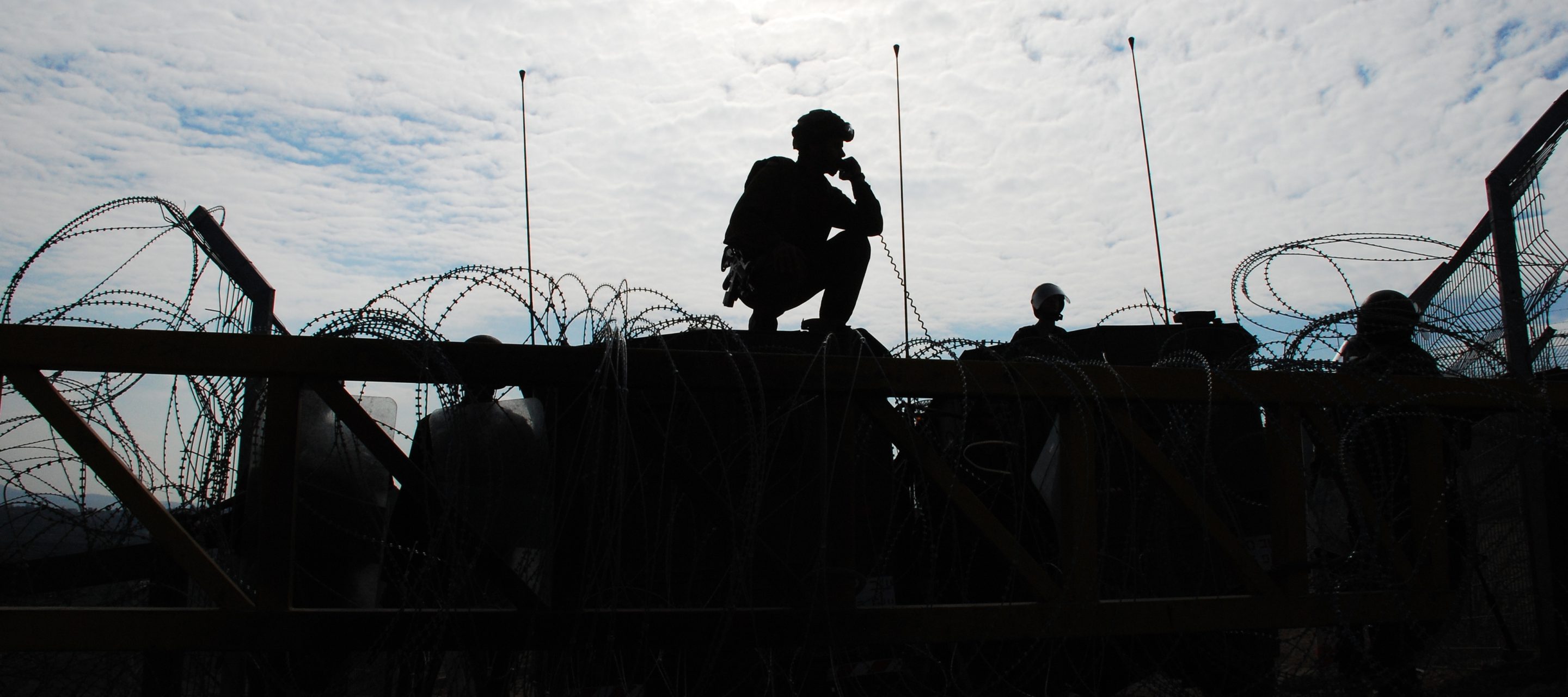Investing in conflict: the road to complicity is getting shorter
3 September 2025 | 5 minute read

Norway’s Government Pension Fund Global (GPFG) has recently come under heavy criticism for failing to do basic due diligence on its purchase of equity in Israeli companies that have been linked to grave human rights violations, war crimes and genocide in Gaza. It has led to several cases of divestment and renewed calls for the government to review the Fund’s human rights policy and how it puts this into practice. It is long overdue and there are lessons for other investors as well.
The GPFG is the world’s largest sovereign wealth fund. It is tasked with managing the revenue from Norway’s oil and gas resources. Its position is unique, as its governing policies include commitments to international standards on human rights, environment, and sustainability. In many respects the fund is considered a global standard bearer, and its expectations on human rights due diligence are widely seen as a reference point for other investors. Over the years, this policy has led to divestment from companies that fall short of its standards and attempts to change corporate practices to align with the Fund's values.
Failing to put policy into practice
NGOs and academics have raised concerns for some time about the Fund’s investments in Israel’s illegal occupation of the West Bank, and in companies linked to the war in Gaza since 2023. In April this year, UN Special Rapporteur, Francesca Albanese, called on the Norwegian Minister of Finance, who is politically responsible for the fund, to make sure the GPFG divested from all companies contributing to war crimes in Gaza and illegal occupation in the West Bank.
In June, a group called Historians for Palestine sent a report to the Norwegian Ministry of Finance pointing out that the fund had purchased shares in Ben Shemesh Engines Holdings, a company that repairs engines for Israeli fighter jets. This is clearly in violation of the ethical guidelines of the fund. After the trade union magazine Fri Fagbevegelse and the Norwegian newspaper Aftenposten reported the story, both the GPFG and the Norwegian government were pressured to act. Several other recent investments by GPFG in companies that can be linked to the war in Gaza have also faced criticism. Another challenge includes the Fund's use of Israeli traders to manage its portfolio in Israel. These stories appearing weeks before parliamentary elections in Norway haves only added to the pressure.
The fund recently ended its relationship with Israeli traders and last month sold shares in 23 of 61 Israeli companies in its portfolio, indicating more will follow. A letter on 18 August to the Norwegian Ministry of Finance explained how GPFG planned to respond to criticisms, and on 25 August six other companies, not only Israeli, were also excluded, due to alleged links to the war on Gaza or the illegal occupation in West Bank.
For the Norwegian government the recent revelations pose several challenges. First, the government has been vocal in accusing Israel of war crimes in Gaza, including the intentional starvation of Palestinians, and has supported the rulings and procedures of the International Court of Justice (ICJ) and the International Criminal Court (ICC), and several related UN resolutions. GPFG investments are not consistent with this position. Second, while the fund has profiled itself as a leader on human rights and sustainability, Norwegian politicians have sought to keep an arms-length and apolitical approach to the Fund’s ethical considerations. These assumptions are now being challenged. A recent survey by Norwegian Church Aid found that 78% of Norwegians do not want the fund to be invested in companies that violate human rights, and more than 60% state agree the fund should not be invested in companies contributing to occupation or violation of international law in Palestine.
The bar for exclusion is too high
At the Rafto Foundation, we are not surprised by the recent revelations. We have, together with academics and other NGOs, highlighted these risks and called for the fund to divest from any business contributing to illegal occupation in the West Bank and war crimes in Gaza.
These calls have been met with assurances that the fund’s ethical guidelines and its own Council of Ethics, established in 2004, will ensure that the fund is not invested in companies contributing to war crimes and human rights violations. We have found these responses to be less than convincing.
While the Council of Ethics has done important work to recommend exclusion of companies from the GPFG, including throughout the war in Gaza, we believe that the fund’s management, and the Norwegian government have placed too much emphasis on a council that has limited capacity or mandate to oversee the nearly 9,000 companies the fund is invested in. Being actively excluded from the fund’s portfolio based on a recommendation from the Council of Ethics potentially represents major reputational damage for a company, and hence the process leading up to this can be quite rigorous and time-consuming. The bar for exclusion is set too high.
Recommendations for investment funds
GPFG needs to put much greater emphasis on its due diligence processes prior to investing, in particular the need for heightened due diligence in the face of war crimes, conflict and violation of international law. This should also include placing a greater burden of proof on companies to demonstrate their human rights policies and practices. Moreover, the GPFG should adopt a more risk based approach, and a much lower threshold for pulling out of investments if there is a great likelihood of human rights harms.
Finally, it is striking that the Fund’s management did not keep a closer eye on its investments in companies based in or doing business in Israel given the situation in Gaza and on the occupied territories. This experience shows that the Fund’s management need to take a much more proactive role in making sure this happens. This is not about politicising the fund. It is about making sure the fund adheres to the basics of the UN Guiding Principles on Business and Human Rights (UNGPs) and other relevant standards.
While the Fund has a sophisticated understanding of the issues involved, it should commit to implementing the UN Working Group and UNDP’s guidelines on heightened due diligence, and draw as well on the UN Global Compact and UN Principles for Responsible Investment’s joint guidance, as well as the work of the Investors’ Alliance on Human Rights. The Heartland Initiative and its joint report with Peace Nexus, and IHRB’s report, Investing the Rights Way also provide valuable guides for investors. The Fund could also take lessons from the recent review of the the Norwegian Transparancy Act. While the law covers Norwegian companies and not the fund, the review does indicate a need to focus more on how companies map and mitigate risks, rather than focus exclusively on mere reporting. These lessons are relevant for the GPFG as well.
Ensuring these steps is a political responsibility. The Norwegian government must review its instructions to the GPFG to make sure it is fit for purpose in a world where human rights, democracy and international law are increasingly challenged, and where the road to complicity in human rights violations is getting shorter.
Guest commentaries reflect the views of the author(s). See more.
Businesses must respond to human rights abuses in Gaza and beyond
In the weeks since the release of a report by the UN Special Rapporteur on the Situation of Human Rights in the Palestinian Territories Occupied Since 1967, Francesca Albanese, debates on corporate complicity in this and other conflict-affected areas around the world have continued, without clear pathways forward.
To help promote greater understanding of conflict situations and the role of companies, in the coming weeks IHRB is publishing three commentaries looking at the role of three of the sectors named in the Special Rapporteur’s report: finance and investment, shipping, and technology. We welcome feedback from our readers.




